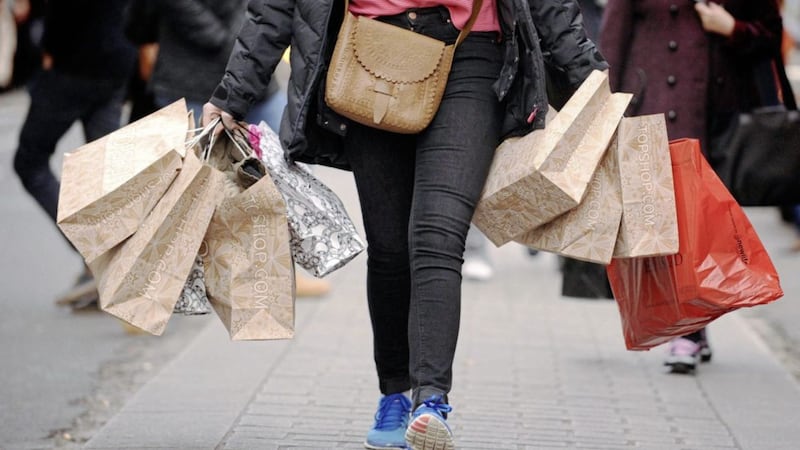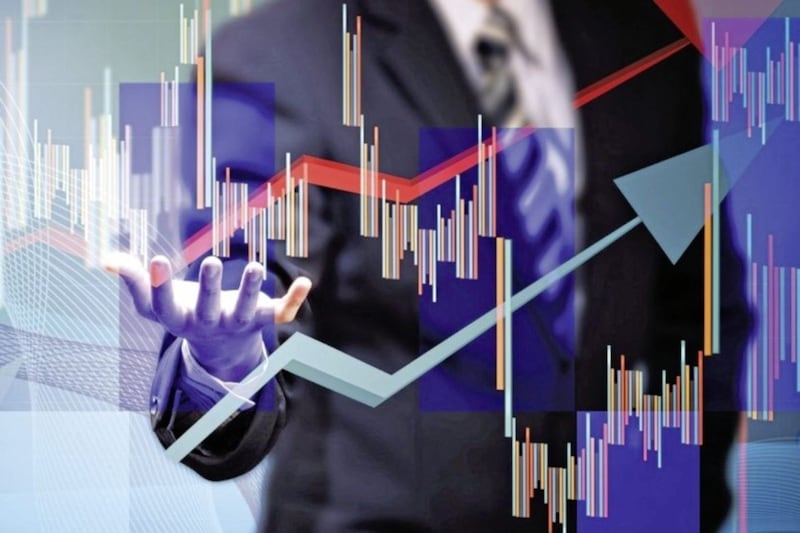LAST week’s budget had provoked a great deal of speculation and concern about what might be forthcoming. And nearly a week on, it is now regarded as something of an anti-climax.
It appears that the Chancellor was listening to concerns about growth being choked off by tax rises that were too much too soon, and although there certainly have been announcements of large tax rises, these are delayed.
The hike in corporation taxes from 19 per cent to 25 per cent is postponed until 2023, for example, although it is a large increase which some expected to be more gradual. The freezing of personal income tax allowances was reasonably well flagged, while the possibility of changes to the capital gains tax regime did not materialise at all.
There was also a generous extension of the furlough scheme – through to September rather than the expected June deadline. It appears to be taking the first steps towards fixing public finances, which have been decimated by the pandemic.
There was also the announcement of a strong incentive for companies to invest in their business – the “super-deduction” which allows firms to immediately deduct 130 per cent of the cost of investment in eligible plant and machinery from their tax bill. The aim is to stimulate business investment and thus contribute to a revival in productivity.
However, the economy has faced the double hit of the pandemic and Brexit. Over the course of 2020 the UK economy is estimated to have fallen by an eye-watering 9.9 per cent. Recovery is expected to be strong this year and next, with official forecasts of 4 per cent and 7.3 per cent, but after this it seems set to slow to a much more modest growth rate of about 1.5 per cent a year.
During the pandemic lockdowns consumers have not been able to spend at the usual rate and it is estimated that households are sitting on something like £150 billion of savings. The challenge going forward is whether this can be turned into spending to boost the economy. It is already apparent in some areas, for example holidays in the UK are said to be substantially ahead of normal. This is obviously crucial for economic recovery (it is estimated that 60 per cent of UK output is generated by consumers). With historically low interest rates there is certainly little incentive to carry on saving.
So where does this leave the market? The London Stock market has underperformed substantially over the past year, particularly compared with the US, and it certainly looks cheap on many measures now.
So far this year the FTSE 100 has risen by 2.63 per cent, a little better than many other markets. S&P 500 is up 1.17 per cent, Nasdaq is down 0.85 per cent and the Euro Stoxx is down 0.60 per cent. Out of all the other major markets only Hong Kong has done better so far this year (up 3.36 per cent).
It does, however, have a lot of ground to make up and performances of individual stocks vary widely as volatility continues to be a key feature. The market always anticipates the future, and it seems set to be an interesting year.
Cathy Dixon is a partner at the Belfast office of Smith & Williamson Investment Management. This article does not constitute a recommendation to buy or sell investments and the value of any shares may fall as well as rise.








